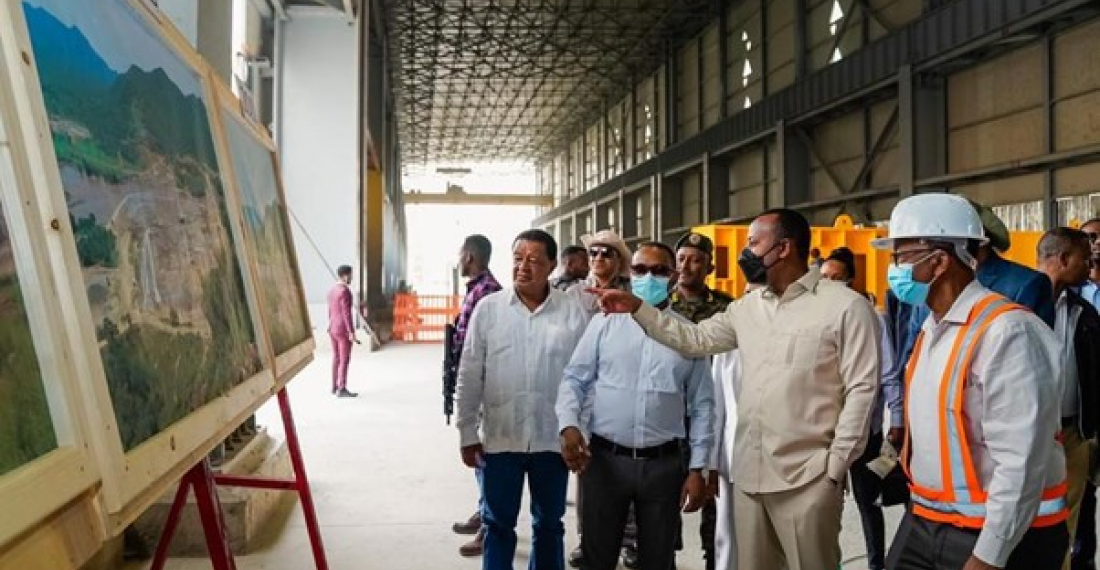Ethiopia has started energy production on the Grand Ethiopian Renaissance Dam (GERD), the largest hydroelectric dam on the continent, on Sunday (20 February), following years of delays and international pushback.
Ethiopian Prime Minister Abiy Ahmed travelled to the western town of Guba to inaugurate the GERD, hailing the project as the “birth of a new era” in the East-African country's history.
However some of Ehtiopia’s neighbours see the dam differently. The dam which lies on the Blue Nile, one of the two main tributaries to the Nile River, poses an “existential threat” to neighbouring countries and fellow Nile beneficiaries, Sudan and Egypt, according to Egyptian Minister of Foreign Affairs Sameh Shoukry. Egypt argues that the filling of the dam may destabilise its main water source, which accounts for 97% of the country’s drinking water and irrigation supply.
Recent talks under African Union auspices, aiming to formulate binding agreements on the filling and operation of the dam proved to be unsuccessful. Ethiopia proceeded with the second filling of the dam late last year despite sharp rhetorical comments from neighbouring countries, and continued pressure from the League of Arab States and the UN Security Council, all of which were flatly rejected by Abiy’s government.
Addis Ababa has had a long standing electricity deficit, with approximately two-thirds of the 110 million inhabitants lacking energy supply. According to Ethiopia’s Chief Negotiator, Dr Eng Seleshi Bekele, the GERD “creates access to 65M people without electricity”, whilst doubling Ethiopia’s total energy production.
Following the modernisation of its electrical grid, the second most energy deficient country in Africa aims to be entirely self-sufficient in its energy supply. The dam, which is expected to produce 5150 MW of electricity, will further contribute to the regions energy stability by exporting to neighbouring countries such as Kenya, which is due to enter an energy-purchasing agreement with Ethiopian Electric Power (EEP), the state’s electricity producer in the coming weeks.
This reconciliatory message was echoed at the 35th African Union Session held in Addis Ababa earlier this month where Prime Minister Abiy Ahmed highlighted the “multiple benefits” that the finalisation of the dam presents for the “two downstream countries of Sudan and Egypt, as well as for East Africa at large”, listing the regulation of floods and the sparing of water from evaporation, which the prime minister claimed leads to the wastage of billions of cubic meters every year.
Citing a government official, Egyptian daily Al-Ahram claimed the Egyptian government fails to see such messages as sincere. Fears of losing any control over its water persist within the Egyptian government and Ethiopia’s strict control over its neighbours’ water supply without any formal arbitration mechanism might place additional pressures on its relations with Cairo and Khartoum.
In a statement on Sunday the Egyptian Ministry of Foreign Affairs lambasted the “unilateral” inauguration of the dam, claiming it is in neglect of the 2015 signed Declaration of Principles in which Ethiopia, Sudan, and Egypt outline the appropriate use of the dam.







